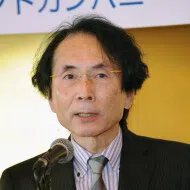What does 'Taiwan independence' mean?
Japanese academic Yoshiyuki Ogasawara notes that while there has been much talk of "Taiwan independence", it seems that there is actually little understanding of what the term really means, and what making any changes to Taiwan's status would entail.
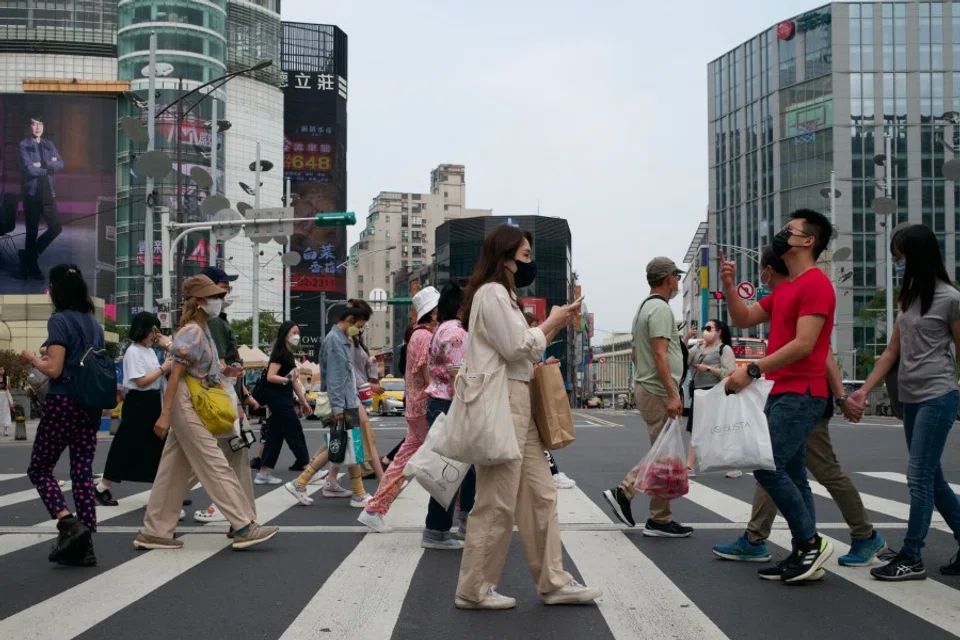
In international media coverage, the term "Taiwan independence" is frequently mentioned. However, there seems to be a lack of clarity regarding what this term specifically entails, the necessary procedures involved and the likelihood of its realisation. It is a concept that appears to be familiar on the surface, but is actually poorly understood.
"Taiwan independence" refers to the dissolution of the Republic of China (ROC), which governs Taiwan, and the establishment of either the Republic of Taiwan or the State of Taiwan. The term "independence advocates" refers to individuals who pursue this idea of establishing an independent nation. This is the fundamental definition.
Taiwan upholds the rule of law; even if the president or the government were to declare independence, it would not bring about any changes.
Regarding the two major political parties in Taiwan, the Kuomintang (KMT) opposes independence, while the Democratic Progressive Party (DPP) maintains a position of "putting independence on hold" and advocating for the status quo.
The procedures required for Taiwan independence
There is a hypothetical scenario of "Taiwan declaring independence", but this does not align with reality. Taiwan upholds the rule of law; even if the president or the government were to declare independence, it would not bring about any changes. Thus, the assumption of the possibility of "Taiwan declaring independence" lacks any basis.
To achieve independence, the establishment of a new constitution is necessary.
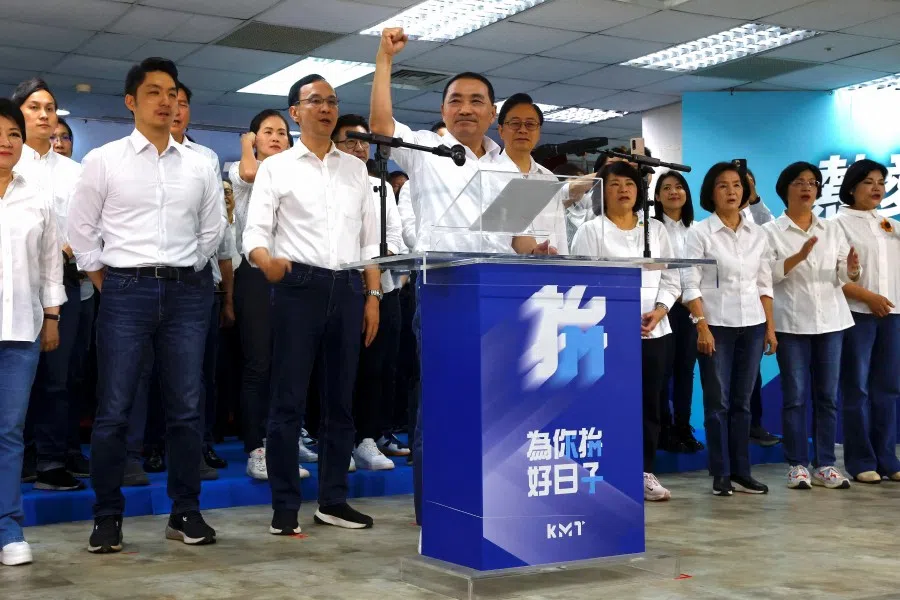
To achieve independence, the establishment of a new constitution is necessary. This requires following the amendment procedures of the current constitution of the ROC.
The conditions for constitutional amendments include obtaining the attendance of three-quarters of the legislators in the Legislative Yuan, submitting the amendment proposal with the support of three-quarters of the attendees, and gaining the majority support of voters in a public referendum. Conversely, if one-fourth of the legislative seats are present in the Legislative Yuan, the amendment can be blocked. In a public referendum, assuming a normal voter turnout rate of 75%, simply boycotting the vote with a 25% abstention would prevent its passage. The hurdle for constitutional amendments is extremely high.
Let's assume the Republic of Taiwan is established. However, the governments of Japan and the US will continue their "one China" policy, so they will not grant diplomatic recognition. It would be impossible to join the United Nations as well due to China's opposition.
During the local elections in November 2022, a public referendum on constitutional amendments was held. The proposed amendments aimed to lower the voting age from 20 to 18 and the eligibility age for candidacy from 23 to 18. However, the referendum failed to pass, with those voting yes (5.63 million votes) far from the majority of voters (9.62 million votes). While the KMT superficially expressed support, they remained passive, fearing that it would contribute to the ruling party's score.
Is Taiwanese independence possible?
Even on a technical issue like lowering the voting age, a constitutional amendment was not passed. If it comes to a constitutional amendment for national independence, the KMT will fiercely oppose it, and considering the majority of public opinion in Taiwan is in favour of maintaining the status quo, it is unlikely that a referendum will pass.
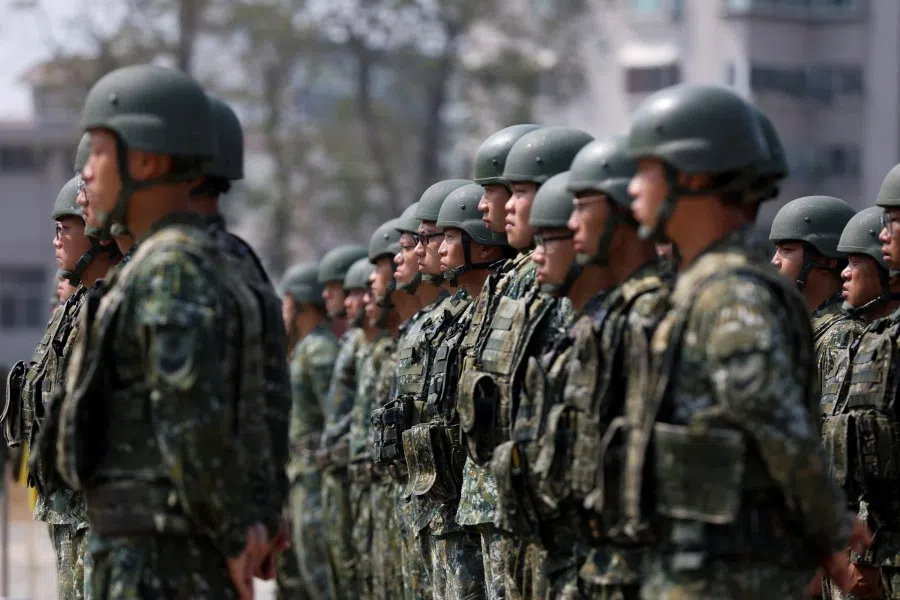
Let's assume the Republic of Taiwan is established. However, the governments of Japan and the US will continue their "one China" policy, so they will not grant diplomatic recognition. It would be impossible to join the United Nations as well due to China's opposition. In the end, nothing would change from the current situation. Moreover, China would certainly resort to the use of force.
In sum, even if Taiwan were to achieve independence, it would not gain anything and there is a possibility of losing the democratic system. This is the reality. Politicians from the DPP support maintaining the status quo because they understand this. From both domestic and international perspectives, Taiwanese independence is impossible.
Why Taiwan independence is a focal point
Why, then, does Taiwan independence continue to be a focal point of attention?
The DPP has sealed off independence as a policy, but it does not deny the ideology of independence. The KMT knows that independence is impossible, but it constantly criticises the DPP by saying that they are inclined towards independence in order to restrain them and increase the sense of crisis among their supporters.
The problem lies in China's tactics to keep the definition of Taiwanese independence ambiguous and conveniently interpreting it to suit their own interests.
Even Taiwan experts in China understand that independence is not possible. However, for the Chinese Communist Party, the DPP is considered a hostile force that does not recognise the "one China" principle and obstructs unification. They view the DPP as constantly plotting for independence.
The problem lies in China's tactics to keep the definition of Taiwanese independence ambiguous and conveniently interpreting it to suit their own interests. While the likelihood of China resorting to the use of force is relatively low, if they were to do so, they would likely attempt to justify it by claiming that "Taiwan attempted independence". Many people may fall into the trap of China's information manipulation and believe in their justifications.
Tsai Ing-wen and William Lai Ching-te are proponents of maintaining the status quo
The shift in the DPP's stance was initiated by Chen Shui-bian. However, his position was ambiguous, as he leaned towards the independence faction midway through his presidency, which resulted in strong pressure not only from China but also from the US.
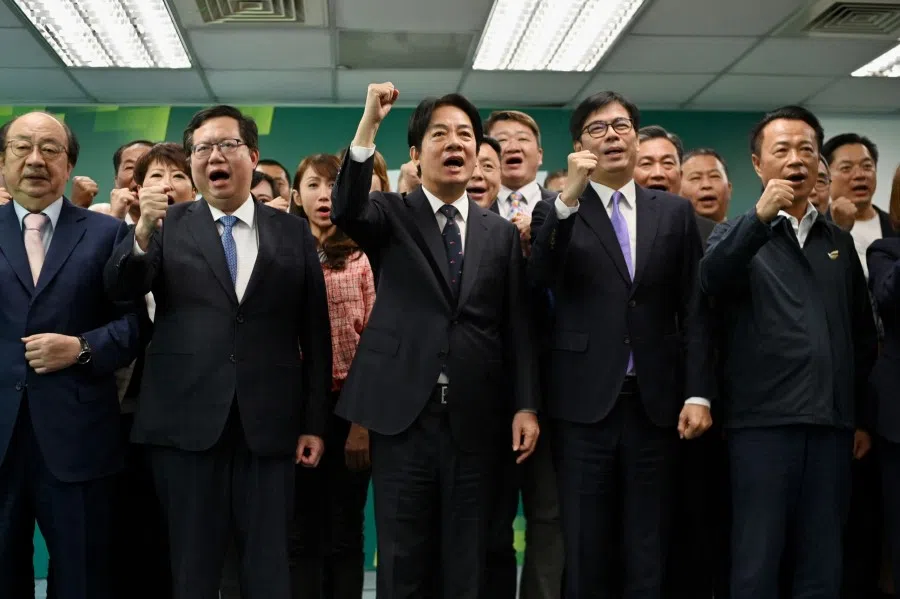
Learning from the failures of Chen's administration, Tsai Ing-wen has firmly advocated for maintaining the status quo. Although her stance drew criticism from some members of the independence faction, Tsai remained steadfast. Unlike Tsai, who has pursued a career unrelated to the independence faction, Vice-President and DPP presidential candidate William Lai Ching-te has built a political career with connections to the independence faction. In this regard, he differs from Tsai. However, like Tsai, Lai has also learned lessons from the failures of Chen's administration.
In 2017, when William Lai was serving as premier, he stated during a legislative session that he was a practical worker for Taiwan independence. This statement received widespread media coverage, and Lai is often considered as being part of the "independence faction". However, he repeatedly emphasised that there was no need to declare independence, stating that "Taiwan is already independent under the name of the ROC". This aligns with the DPP's logic of maintaining the status quo and is consistent with Tsai Ing-wen's position. Lai has also sealed off the idea of independence and aims to solidify support as the inheritor of Tsai's policies.
The ROC is Taiwan's greatest common denominator
The current Taiwan is a de facto state covered by a shell called the ROC, with Taiwan as its substance. While the ROC may only be a shell, its existence holds significant value. The democratised ROC represents the greatest common denominator of the Taiwanese people, and it is this foundation that Taiwan relies on for its survival.
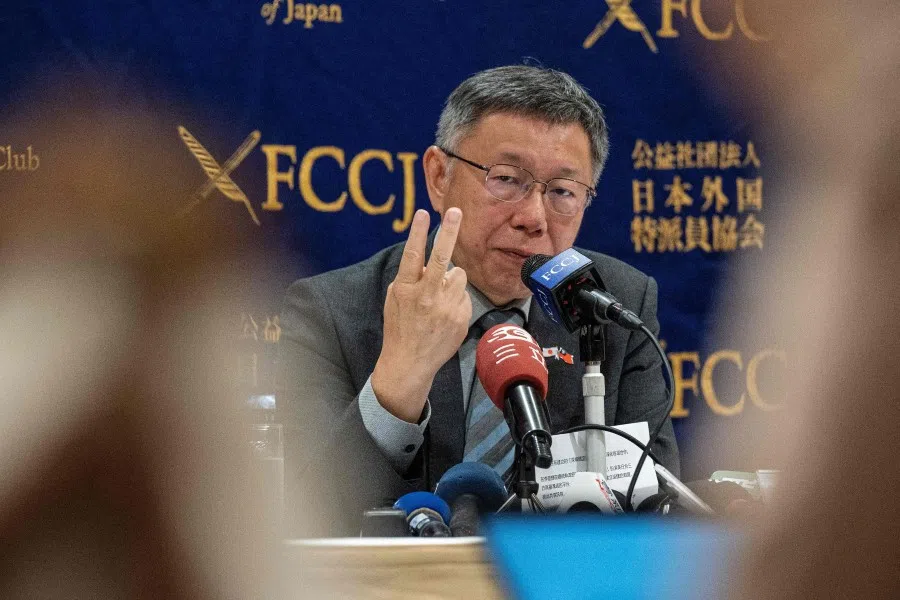
The three candidates running in the presidential election, William Lai (DPP), Hou You-yi (KMT), and Ko Wen-je (Taiwan People's Party), have differences in their approach to China, but they all reject Xi Jinping's insistence on "unification with Taiwan under the 'one country, two systems'" framework. The Taiwanese voters and the international community are paying close attention to the discussions that will unfold among these three candidates in the upcoming election campaign.
Related: The only way out for the Taiwan issue | Who dictates war and peace in the Taiwan Strait? | If China strikes Taiwan, can it bear the punishment from the US and its allies? | Will former Taiwan President Ma Ying-jeou's China visit win support for the KMT? | What could stir up trouble in the Taiwan Strait in 2023?
